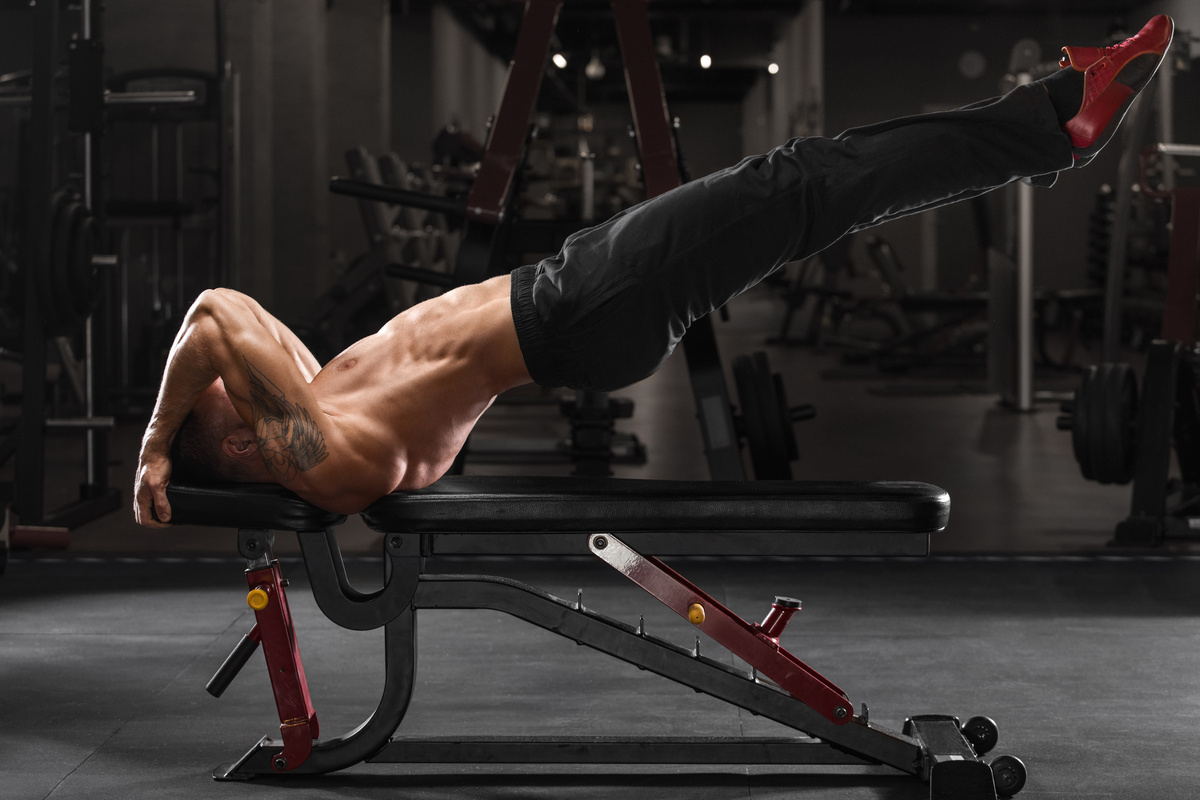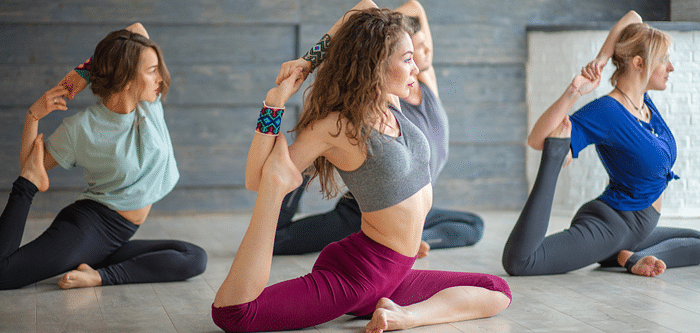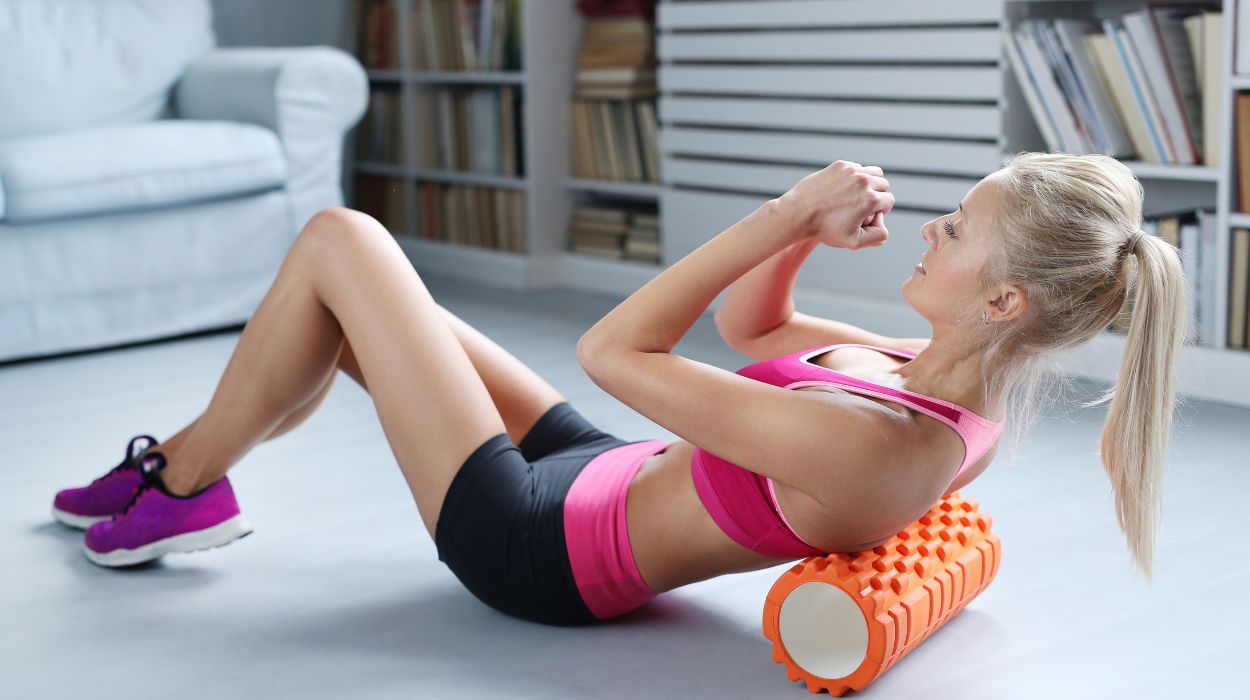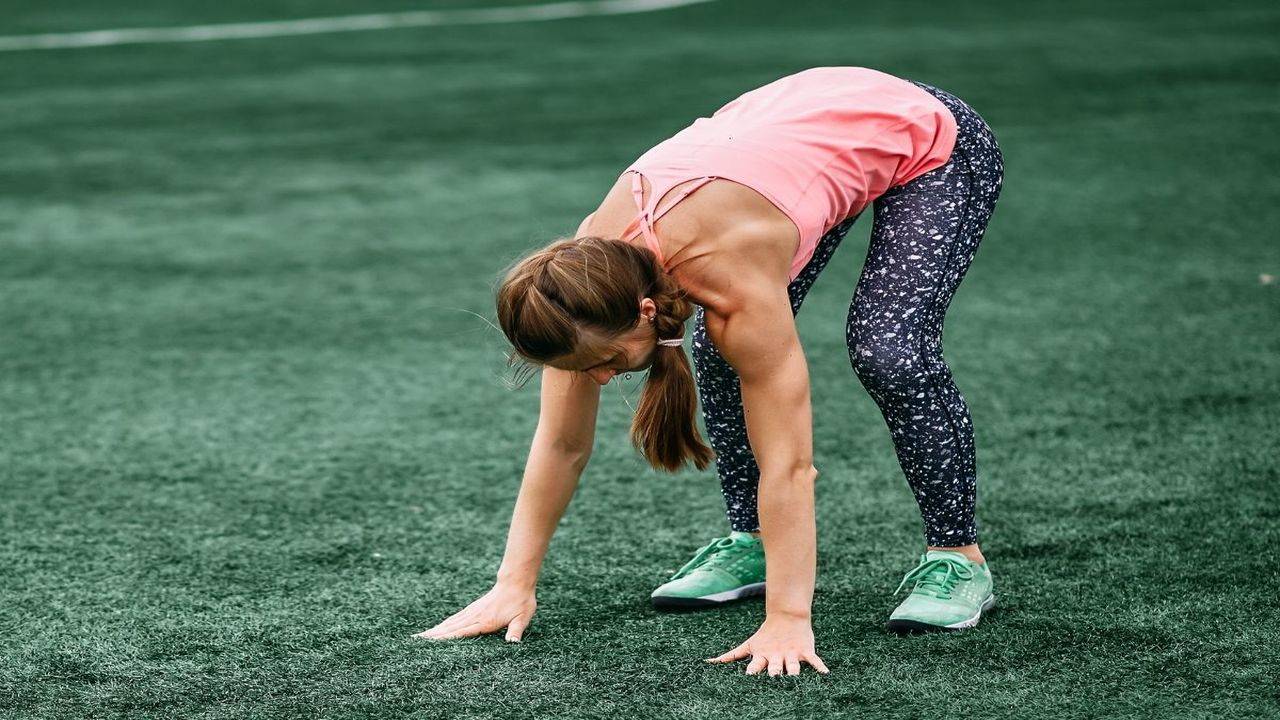Let’s talk about one of the most badass core exercises out there the dragon flag. If you’ve ever watched Bruce Lee in action or seen Rocky Balboa train in the gym you’ve already had a glimpse of this move in action. It looks like something only elite athletes can pull off and honestly at first it kind of is
But don’t let that scare you. This exercise is the real deal when it comes to core strength body control and overall muscle coordination. In this guide we’re breaking down everything you need to know how it works how to start even if you’re a beginner and why it’s worth including in your routine
What Is the Dragon Flag
In simple words the dragon flag is a bodyweight core exercise that trains the entire front side of your body mainly your abs hip flexors and even parts of your upper back and arms
It involves
- Lying flat on a bench or floor if youre advanced
- Holding onto something sturdy behind your head
- Lifting your body up into a straight line from shoulders to feet
- Lowering slowly while keeping your body stiff as a board
Think of it as a reverse plank in motion done vertically instead of on the ground. Sounds wild right That’s because it is but it’s also incredibly effective
Why Should You Try the Dragon Flag
This isn’t just about getting abs. The dragon flag trains your deep core stability muscles and mental focus all in one go. Here’s what makes it a musttry
1 It Hits Your Core Harder Than Crunches Ever Will
Let’s get real crunches and situps are fine but they barely scratch the surface when it comes to real core strength. The dragon flag challenges your entire core system not just your upper abs
Rectus abdominis sixpack muscles On fire
Transverse abdominis deep core Engaged big time
Obliques side abs Working hard to stabilize
And because your legs are straight and your hips are off the surface youre training your core to hold your body in a locked position not just bend and extend like in crunches
2 It Builds Total Body Control and Discipline
One of the biggest challenges in dragon flags isn’t even the strength it’s the control. Your body wants to sag twist or lose tension. To stay in position your brain and muscles have to communicate perfectly
This helps with
- Better athletic movement like running jumping lifting
- Improved posture
- More control in bodyweight moves like planks levers or even handstands
3 It Targets More Than Just Your Abs
Even though the dragon flag is mainly a core exercise it actually recruits a lot more muscles
You’ll feel it in your
- Lats when pulling and holding
- Triceps to support your grip
- Glutes and legs to keep everything straight and tight
- Upper back and traps especially during the descent
This makes it a fullbody challenge that’s sneaky good for general strength and performance
4 It Looks Cool And Feels Even Better
Let’s not ignore the obvious the dragon flag is a flexworthy move. People notice when you pull it off and it feels seriously rewarding
But more importantly it gives you a deep sense of control over your own body which is way more valuable than showing off
How to Do a Dragon Flag StepbyStep
If you’re new to this move don’t jump straight to the full version. There’s a proper way to build it up without risking injury or frustration
Setup
- Lie on a flat bench or soft surface
- Grab the edge of the bench or a sturdy object behind your head for support
- Keep your upper back shoulders and head on the bench at all times
Basic Progression
1 Dragon Flag Negative
- Start with your legs up in the air body in a straight line
- Slowly lower your body down keeping everything tight
- Stop before your hips touch the bench
- Reset and repeat
Do 3 to 5 reps to start focusing on control not speed
2 Tuck Flag
- Same idea as above but knees are bent at 90 degrees
- This reduces the load and lets you feel the movement better
3 OneLeg Extended Flag
- One leg straight the other bent
- Helps build up to full dragon flag without overwhelming your core
4 Full Dragon Flag
- Both legs extended body straight lower under control and raise with strength
Pro Tips for Success
- Brace your abs hard as if someone’s about to punch you in the gut
- Don’t let your lower back arch keep your hips tucked
- Start slow even holding the top position for 5 seconds is a win
- Use quality over quantity 2 clean reps beat 10 sloppy ones
How Often Should You Do Dragon Flags
This move is intense so don’t overdo it. Start with
- 2 to 3 sessions per week
- 3 to 5 sets per session
- 3 to 6 reps per set or timed holds
Give yourself a day between sessions to recover. These are small muscles with big jobs
Who Should Avoid This Exercise
Not every movement is for everyone and that’s okay. Avoid the dragon flag if you
- Have lower back issues or herniated discs
- Are recovering from abdominal surgery
- Can’t yet hold a hollow body position
- Struggle with shoulder or neck pain during isometric holds
Always build up with simpler core work before progressing here
Best Exercises to Build Up to Dragon Flags
If you’re not quite ready yet that’s totally fine. Add these into your routine
- Hollow body holds
Helps you build body stiffness needed for the flag - Leg raises on the floor or hanging
Builds hip flexor and lower ab control - Planks and RKC planks
Great for bracing strength - Glute bridges and hip thrusts
Your glutes help lock your hips during the dragon flag
Bonus Dragon Flag Challenge Try This
Want to test yourself
Here’s a simple beginnertoadvanced workout progression
Beginner
- 5 tuck flag negatives
- 3 sets of hollow body holds 20 to 30 seconds
- 10 lying leg raises
Intermediate
- 3 to 4 sets of dragon flag negatives
- 5 reps of oneleg extended flag
- 10 hanging knee raises
Advanced
- 5 full dragon flags controlled reps
- 5second hold at bottom of each rep
- Superset with 30second RKC planks
Do this 2 to 3 times per week and watch your core level up fast
Final Thoughts
The dragon flag isn’t just a party trick. It’s a fullbody cordominating move that challenges your strength control and patience. If you want abs that do more than just look good and if youre ready to push your limits this one’s worth the effort
Stick with the progressions. Respect the difficulty. Celebrate small wins. And in time you’ll master a move that very few people ever even attempt










